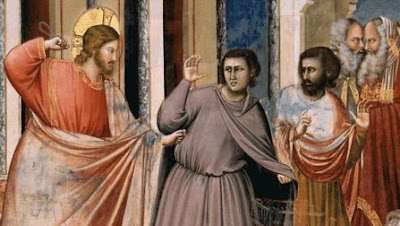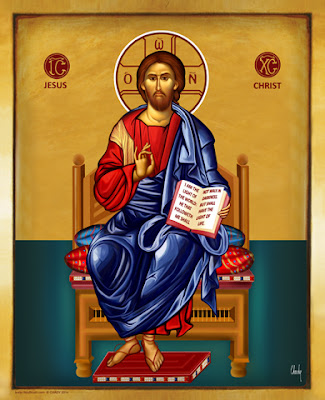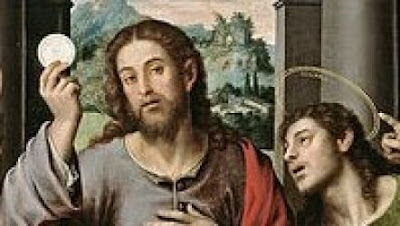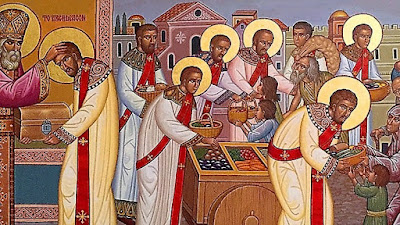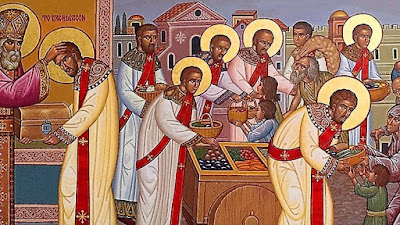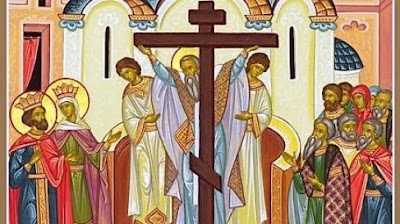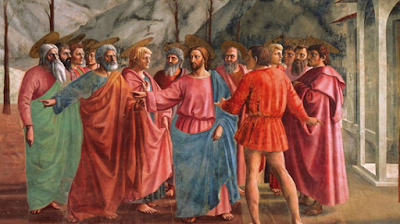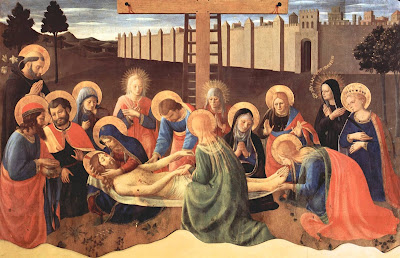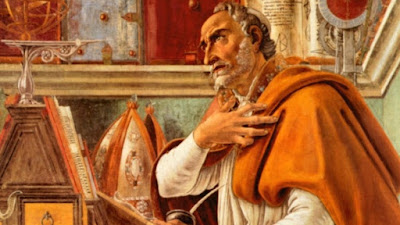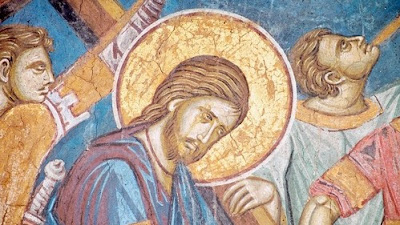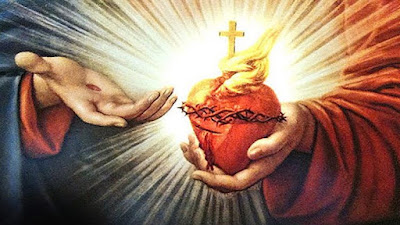Homily for the Fourth Sunday of Lent (Laetare Sunday), March 11, 2018, Year B
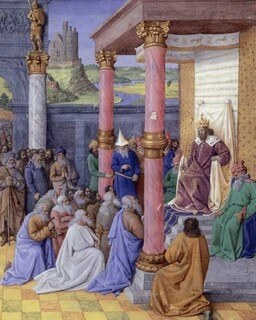
René J. Butler, M.S. Provincial Superior, La Salette Missionaries of North America Hartford, Connecticut ( Click here for today’s readings ) It must surely have happened to you that someone gave you as a gift something you already had. You expressed your thanks and later you exchanged the item, or “re-gifted” it. Imagine, however, if someone did that on purpose, giving you a book or DVD or membership, knowing full well that you already had it. Or what about this? I go into your home and take something I have already given you; you think it is lost forever; then I give it back again—as a gift! What could be stranger? And yet, that is exactly the scenario described in today’s first reading. Because of the Chosen People’s infidelity, God allowed their Holy City to be destroyed and sent them into exile. Now he inspires a pagan king to let the exiles return home and rebuild Jerusalem. He gives back the gift he originally gave and took away. What was the difference between the or
